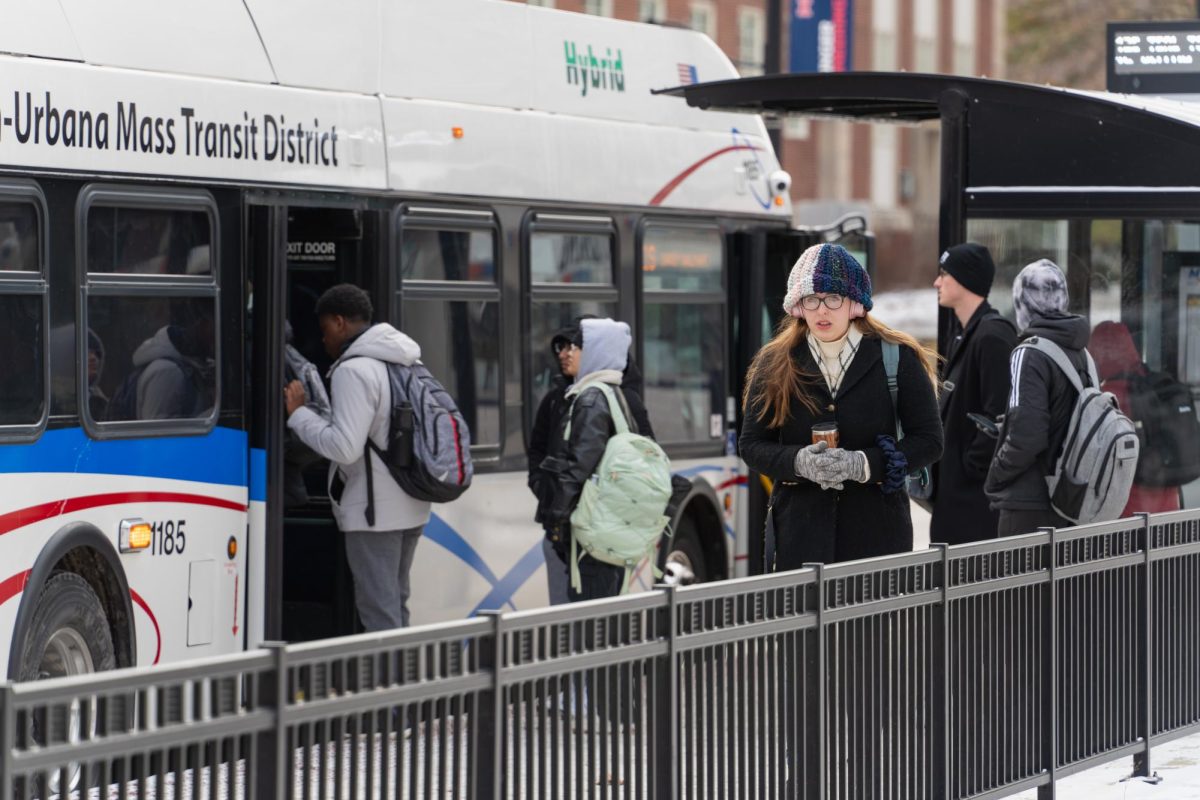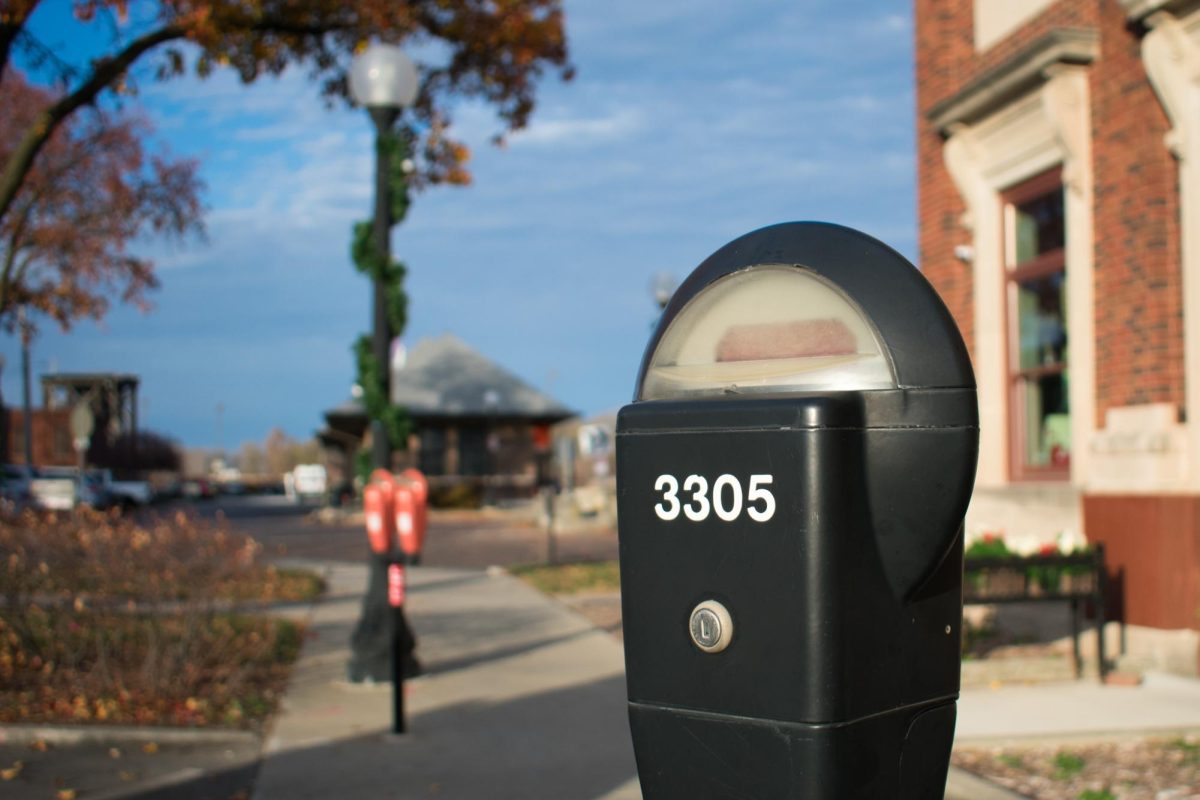The Daily Illini: Should I still go to class Monday?
University: Yes. Students have a right to receive the education for which they are paying and for which they have worked hard to earn the opportunity to receive at the University of Illinois. Colleges and departments have been planning for the possibility of a strike and every effort is being made to ensure that classes will meet and instruction will be provided.
DI: What if picketers are in front of my building and tell me not to enter?
University: Students have a right to attend classes, enter academic and administrative buildings and to do so without being intimidated, coerced or threatened. Picketers must not block a door, passageway, driveway, crosswalk or other entrance or exit. If acts of violence or trespassing occur on campus property, a record of the incidents should be made and Legal Counsel contacted to determine what, if any, legal action is appropriate.
DI: Should I be doing the assignments I have due next week?
Get The Daily Illini in your inbox!
University: Yes, faculty and non-GEO staff are expected to perform their job duties as usual. If there are interruptions, make-up arrangements must be implemented to ensure that the instructional objectives are delivered as promised.
DI: What if I get to class and there is no teacher?
University: We would hope assistants respect their instructional obligations and do not impair students’ progress in their current courses. The campus will monitor the situation closely and assess options for dealing with any disruption that might occur, with the goal of minimizing any harm a work stoppage would cause. Instructors are expected to alert students in advance about class assignments and arrangements.
DI: Will some classes be canceled even if they aren’t taught by TAs?
University: Faculty do not have the right to strike. However, some may choose to teach in alternate locations to avoid crossing picket lines.
DI: How long will the strike go on?
University: The campus has continued to present proposals that represent the most fair and generous contract possible, given the present economic situation. By their own estimates, the GEO’s initial contract proposals would have resulted in only a one-year contract and would have cost over $8 million. Such spending simply is not feasible in these challenging economic times.
DI: If the strike goes on long, what will happen to my grades?
University: How to complete coursework would be determined class by class, but the University’s goal is to ensure that students would be treated fairly and the objectives of their courses would be fulfilled.
DI: Why haven’t you worked out a contract?
University: The University and the GEO have held 18 bargaining sessions to date (Nov. 4) with two additional sessions planned (for Nov. 14 & 17) and continue to engage in federal mediation. The University faces severe budget problems and an uncertain financial future.
The GEO is asking for a nearly 20 percent raise in the minimum stipend (from $13,430 to $16,086). Other employees of the University did not receive raises this year, and it is likely they will face furloughs and some will lose their jobs in the current fiscal year. The GEO’s current wage demands, when added to the health benefit increases to which the University has already agreed, would cost more than $5.21 million.





